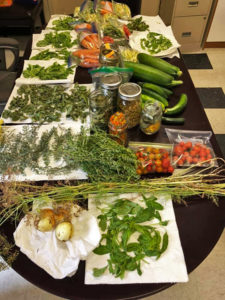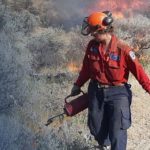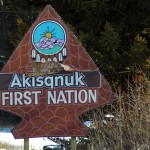Home »

More people to enjoy healthy, locally grown food
 19 community-based projects increase Basin residents’ access to local food
19 community-based projects increase Basin residents’ access to local food
People in the Columbia Basin have expressed that they want to be able to access healthy, locally grown food. Nineteen projects will make this even more possible, supported with over $980,000 from Columbia Basin Trust’s Food Access and Recovery Grants.
“Increasing local access to and participation in the growing and processing of wholesome, nutritious foods is something that is important to people throughout the region,” said Will Nixon, Senior Manager, Delivery of Benefits, Columbia Basin Trust. “These projects are using both time-tested and innovative ways to get locally grown, recovered and processed foods to as wide a public as possible.”
The projects will add community growing spaces like gardens and greenhouses; recover and distribute food from places such as grocery stores or fruit trees that might otherwise be wasted; and bolster food-related programs by improving technology and infrastructure.
To learn more about the Trust’s work with local food producers, visit ourtrust.org/localfood.
Here are a few of the recipients:
Following in the footsteps of their Ancestors, the Métis Nation Columbia River Society will purchase an entire buffalo (Muskwa Mostos), allowing Elders and Knowledge Keepers to host traditional ceremonies and workshops for Métis in the East Kootenay.
It will also build raised garden beds and share the harvest to ensure a nutrient-rich diet for elders, vulnerable folks and the community; purchase a freezer for storage; and hold workshops on subjects like gardening, cooking and canning.
“In addition to producing bison meat, we will use every part of the animal in the ways of our Ancestors, including tanning and smoking the hide and making tools from the bones,” said Davene Dunn, Office Manager.
“Passing down traditional skills and cultural knowledge will teach pride to youth and other community members, which is so important to keep our heritage alive.”
The Salvation Army Steps Up
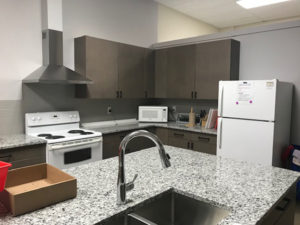
In Fernie, people in need can turn to the Salvation Army’s food bank and food share program—in fact, over 300 people per week do so.
The Salvation Army is planning to improve its services by renovating its kitchen, including a new fridge, oven and sanitizing dishwasher. It can then offer programs like cooking classes to help people prepare healthy meals, plus provide weekly meals to vulnerable people when COVID-19 regulations allow.
“The expansion of food programs and the meal service will help us continue to address the high cost of food and food access concerns of the vulnerable within our community and area, which in turn will impact participants’ overall health, both physical and mental,” said Major Kirk Green.
“Plus, providing meals to the community will increase social connections for the vulnerable persons we support.”
Putting Donated Food to Good Use
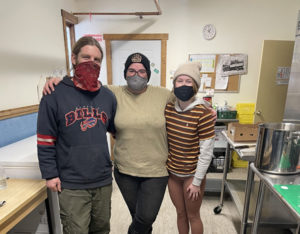
North Kootenay Lake Community Services Society’s food recovery program receives many food donations, about 15,000 kilograms each year, from entities like grocers, farms and a fruit tree rescue program.
Now it will purchase a walk-in freezer to improve food storage, which will help it get even more of the recovered food distributed to the people who need it. In addition to frozen foods, the society will also process donations into items like sauces, salsas and dehydrated products.
“We will be able to minimize waste and make efficient use of the recovered food by having the equipment to ensure the processed foods are properly stored,” said Patrick Steiner, Food Security Coordinator.
“They can then be redistributed to vulnerable people through our food bank service.”
An Inviting Space
Women fleeing from violence can socialize while practising their cooking skills and seniors can learn how to cook for one, after a partner dies. These are examples of the people a new commercial kitchen in Valemount intends to target. Robson Valley Community Services is renovating a small kitchen into a larger one, where it and others can safely process food and increase food literacy, whether the food is donated or comes from the community garden.
“Some donated food was being wasted since it had a short shelf life, or our clients were unfamiliar with how to cook the food or didn’t have enough time to prepare it,” said Jana MacMaster, Program Manager. “This kitchen will provide space to process the food to make it more appealing and extend the shelf life, create the setting for folks to learn how to prepare new foods, and provide space to process meals that can be given to clients to freeze and eat at their convenience.”
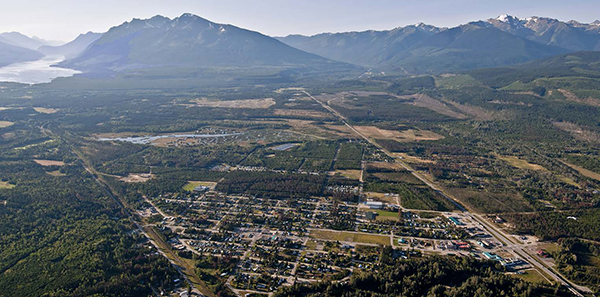
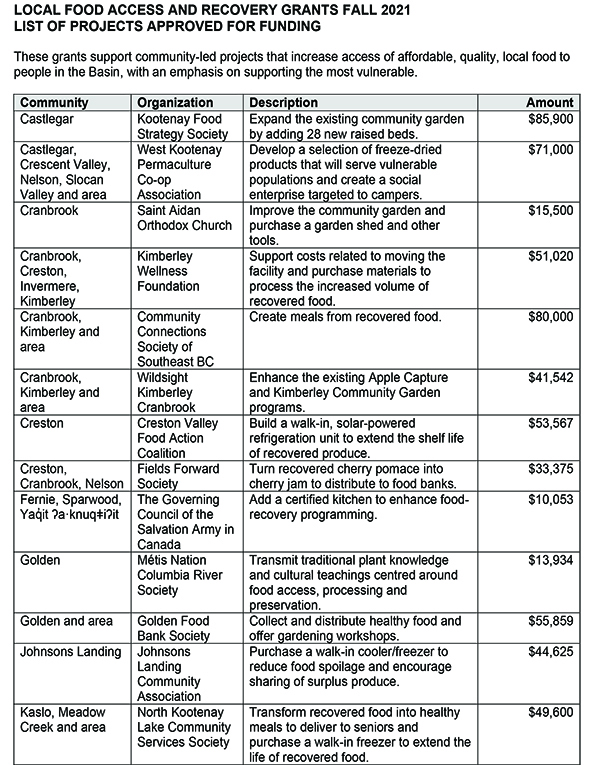
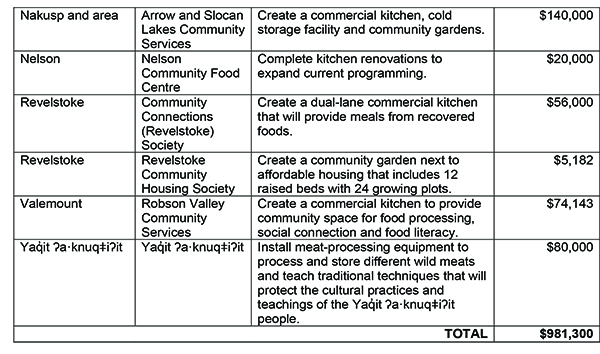 To learn more about how the Trust is supporting local food initiatives in the Basin, visit ourtrust.org/food.
To learn more about how the Trust is supporting local food initiatives in the Basin, visit ourtrust.org/food.
Columbia Basin Trust supports the ideas and efforts of the people in the Columbia Basin. To learn more about the Trust’s programs and initiatives, and how it helps deliver social, economic and environmental benefits to the Basin, visit ourtrust.org or call 1-800-505-8998.
Lead image: The Métis Nation Columbia River Society will offer workshops in Golden on culturally relevant approaches to growing, gathering, storing and preparing food with support from the Trust. Columbia Basin Trust photos
Columbia Basin Trust
